The R-Rated Batman Movie By An Oscar Winner And Comic Genius That You’ll Never See
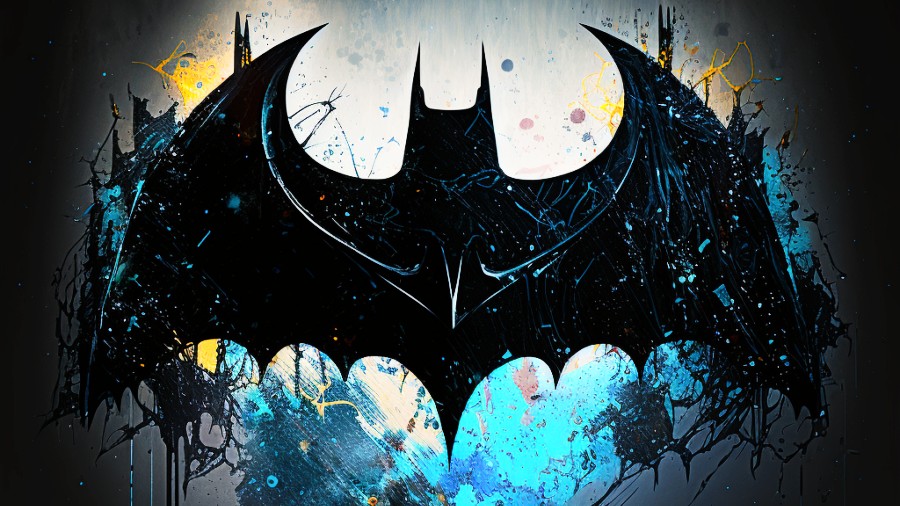
Superhero fans are quite familiar with Batman origin stories by now: films like Batman Begins and The Batman help us appreciate the early days of the Caped Crusader and the struggles that transformed him into the greatest hero the world has ever seen.
Darren Aronofsky Directing Batman: Year One?
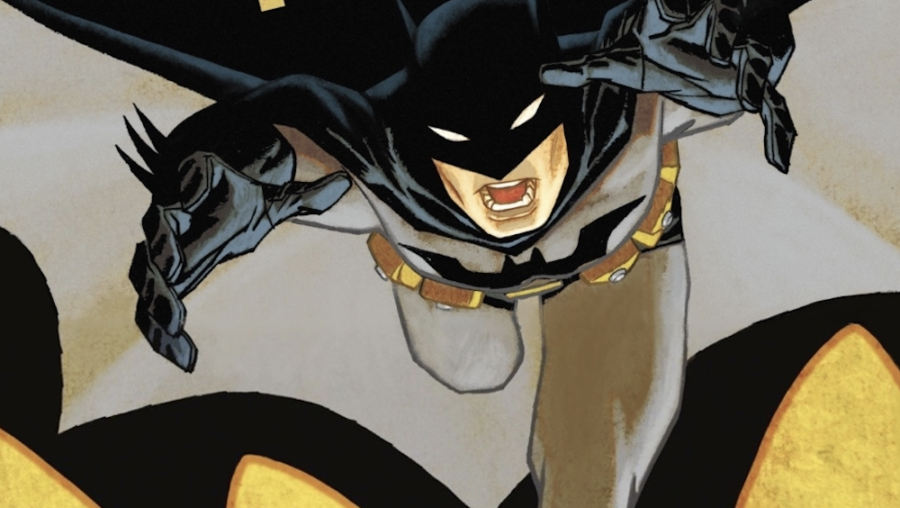
However, would you believe that we nearly got a hard R-rated Batman movie from a big-time Oscar winner?
As Fandom reports, Darren Aronofsky was going to direct a gritty Batman: Year One film before Warner Bros. decided to go with Christopher Nolan’s much safer approach.
As longtime comic fans have already deduced (you must have learned from the World’s Greatest Detective!), Aronofsky’s Batman: Year One takes its name from the seminal Frank Miller comic of the same name.
Batman At The Beginning
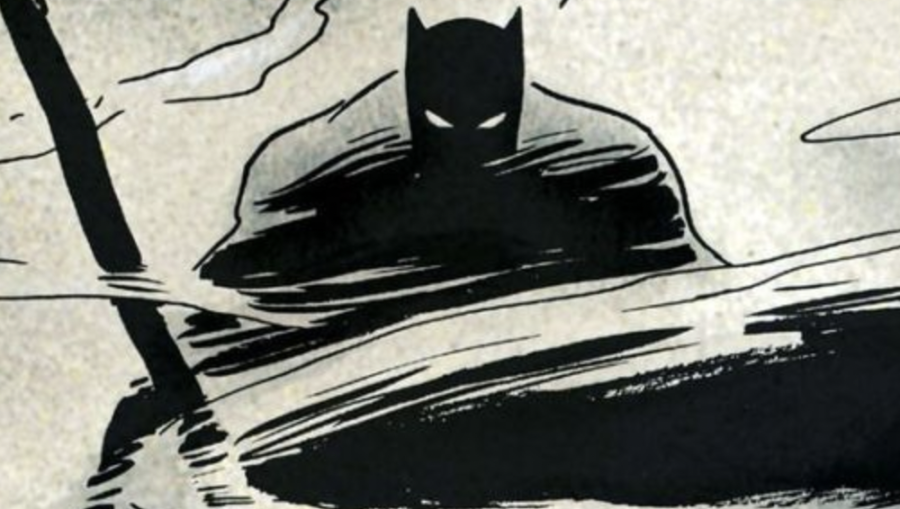
Part of what made Miller’s comic so influential is that it gave us the adventures of a Batman who is far less experienced, which leads to nearly fatal encounters with everyone from everyday thieves to Gotham City’s corrupt police department.
Miller’s Year One was later faithfully adapted into an amazing animated film, but Aronofsky’s Year One was going to make some wild deviations from the source material.
Bold Reinterpretation
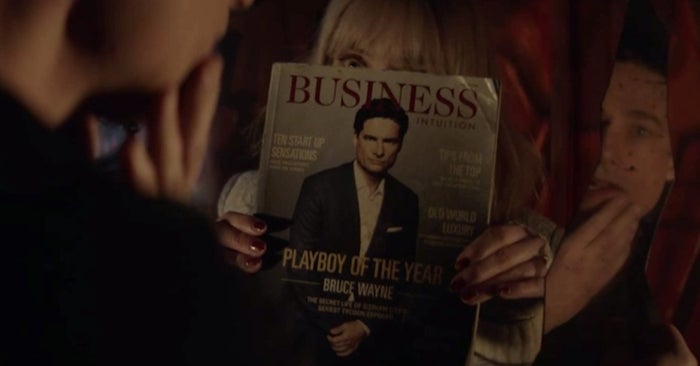
The biggest example of how Aronofky’s Batman: Year One was going to be dramatically different is that Bruce Wayne isn’t a wealthy playboy: after his parents were gunned down, he grew up on the streets of Gotham City.
Therefore, everything he knows about fighting bad guys and solving crimes comes from what books he can scrounge from those mean streets. It is a far cry from the globe-traveling training we’d later see in Batman Begins.
It’s a very bold reinterpretation of a fascinating superhero, and the only thing more dramatically changed than Bruce Wayne in Aronofsky’s film was Alfred Pennyworth.
Alfred Is A Mechanic
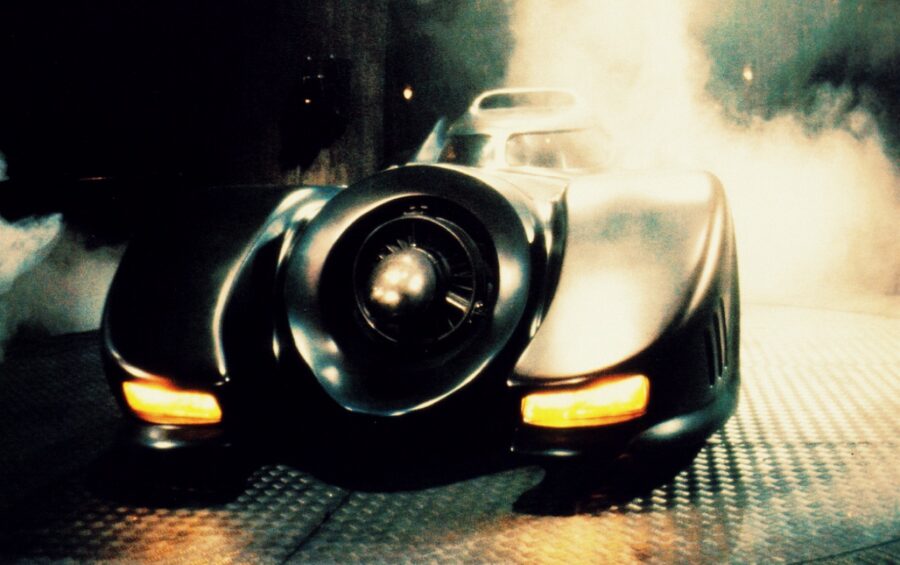
In this Batman: Year One that never was, Alfred is not a butler to the rich and famous…instead, he’s “Al,” the proprietor of an auto garage who eventually takes a young Bruce Wayne in.
That auto garage helps explain how Bruce and Al eventually develop the Batmobile to help facilitate Batman’s one-man war on crime. Incidentally, Al was going to be recast as a Black character, and we’re pretty sure this would have shocked the fandom even in a pre-culture war, pre-MCU climate.
Darker Versions Of Characters
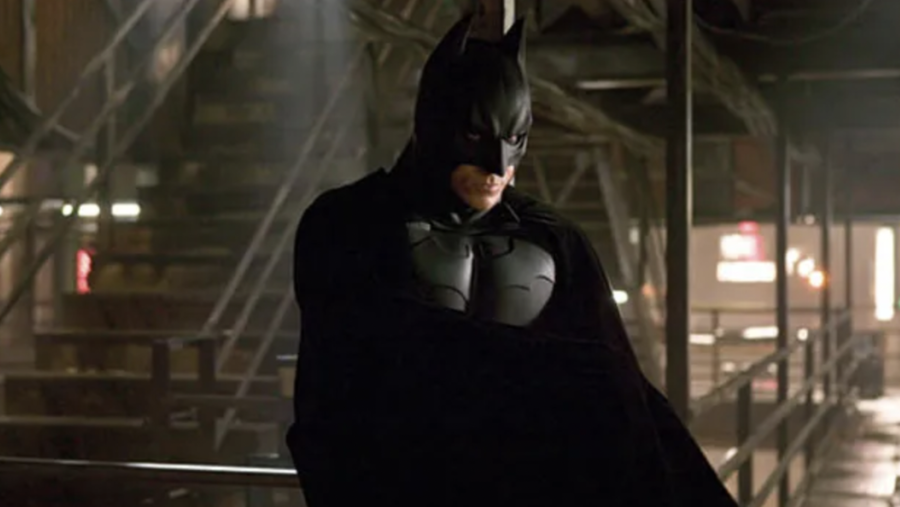
For better or for worse, one of the prevailing themes of Aronofky’s Batman: Year One is that we get much darker versions of our favorite characters.
Jim Gordon is a suicidal cop who would rather ditch Gotham than save it, for example, and Catwoman is an S&M dominatrix, which effectively transforms all of the subtext of her whip-cracking character into text.
This Catwoman would also have been Black, but Aronofsky didn’t come up with that idea: it was Frank Miller’s Batman: Year One that first changed Catwoman’s race, and we can see that reflected in the casting of Zoë Kravitz in the role in Matt Reeves’ The Batman.
Bruce Wayne Out Of Control
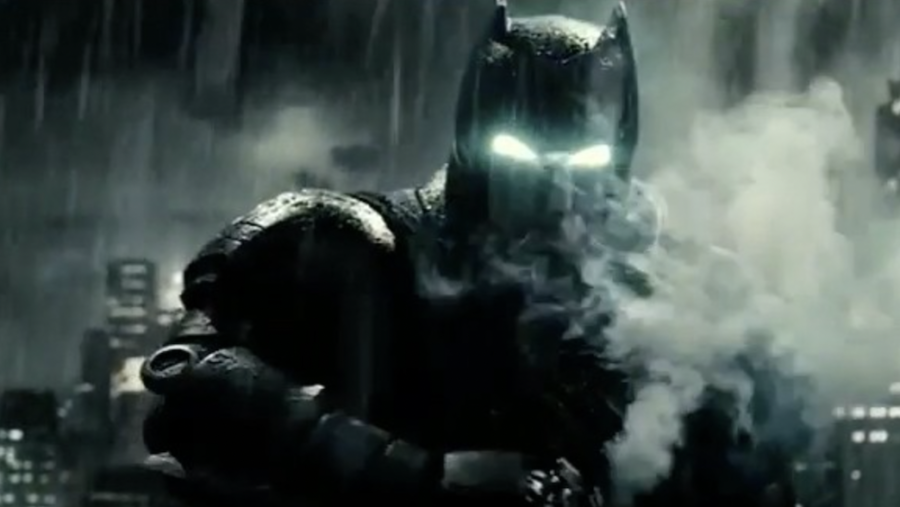
Aside from changing the status of his wealth and his allies, Aronofsky’s Batman: Year One also dismisses the idea of Bruce Wayne always being in control of his body and mind.
Instead, this incarnation of Batman is someone with clinical psychological problems who must take medication to keep his mental illness at bay.
If this film had been made, then it might have been the first Batman film to honestly tackle the fact that Bruce Wayne has legitimate mental issues (if the whole “dress up as a bat and beat mentally ill people half to death” didn’t give it away).
Christian Bale Either Way?
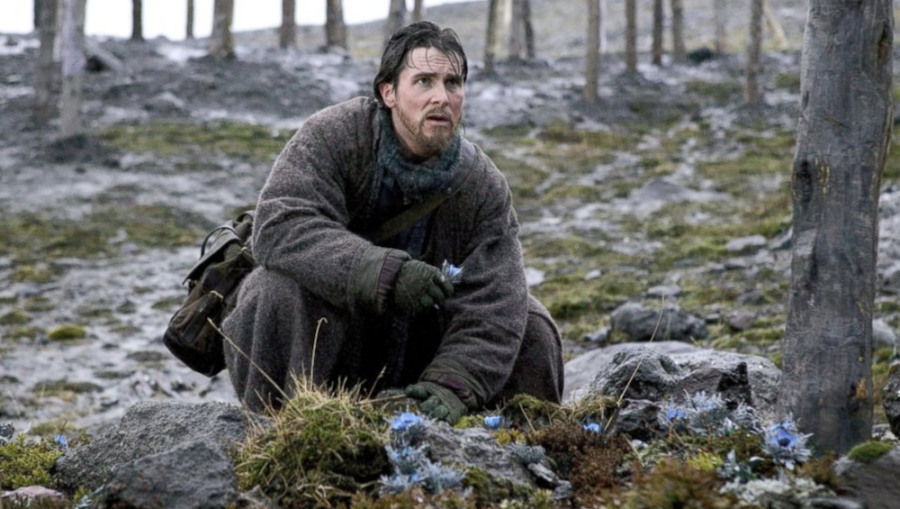
In a truly cosmic coincidence, Darren Aronofsky wanted Christian Bale to star in his Batman: Year One.
Eventually, though, Warner Bros. decided to ditch this R-rated reboot, which is how we got Christopher Nolan’s Dark Knight Trilogy (Nolan, of course, agreed that Bale would make a fine Batman).
As great as that trilogy is, we still wish we could have seen Aronofsky’s gritty and experimental take on this famous hero brought to life, especially if it had some of the creepy atmosphere and brooding plotting the director brought to early indie gems such as Pi.












